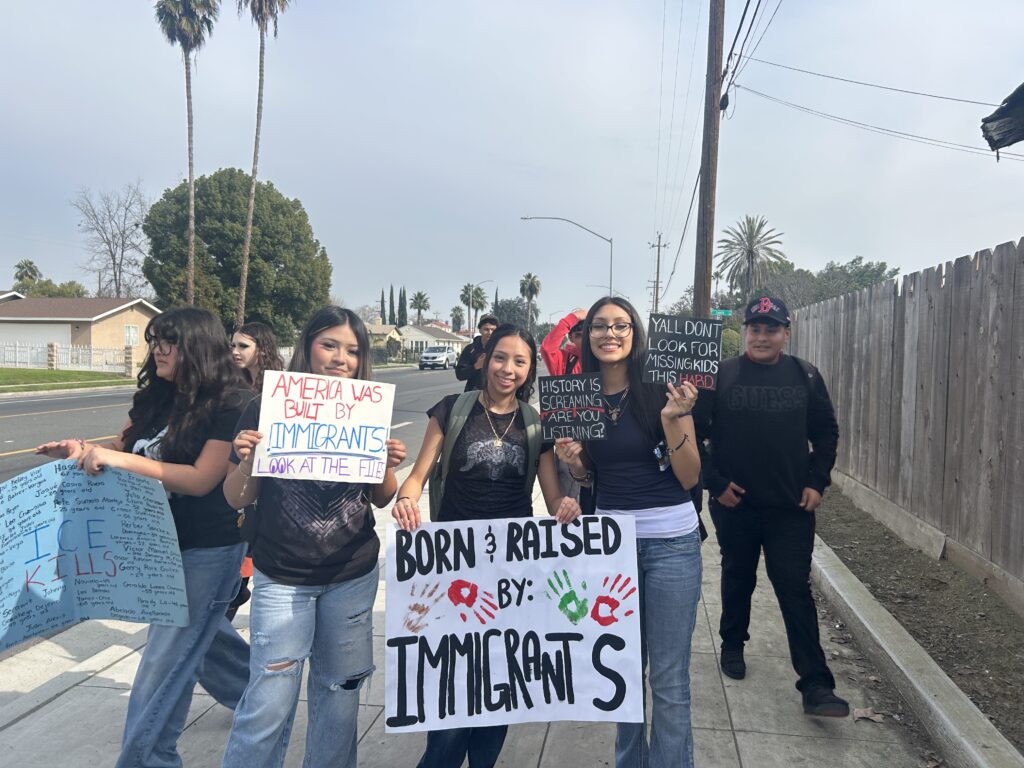Share
Similar protests took place elsewhere. Thousands of protesters used their bodies to spell the word “resist” on a San Francisco beach. And at the Grammys, the very next day, rapper Q-Tip yelled “resist” no less than four times from the stage.
A year later, demonstrations like these have not disappeared. A second women’s march is planned for later this month. But the resistance has moved beyond street protests. Activists are now embracing the hard work of political organizing. “Don’t Just March Run for Something” – the title of a best-seller by Amanda Litman, email director of Hillary Clinton’s campaign, crystallizes this transition.
I have studied the words and actions of Martin Luther King Jr. for decades. The very change we are witnessing now – the transition from protest to politics – is exactly the kind of transition that King called for during the civil rights movement.
MLK: a ‘Conservative Militant’
In the words of historian August Meier, who wrote a seminal book, “Negro Thought in America, 1880-1915,” published in 1963, King succeeded because he was “a conservative militant.”
The word, “conservative” has a specific meaning here. King was a democratic socialist, he opposed the Vietnam War, and he called for massive investment in the inner cities. He was not conservative in any political sense. But what Meier showed was that King nevertheless manifested a conservative core – one that resonated with millions of Americans and thereby helped achieve the movement’s remarkable success.
In Meier’s words:
“American history shows that for any reform movement to succeed, it must attain respectability. It must attract moderates, even conservatives to its rank.”
King understood this. And to that end, he was indeed conservative – both in the arguments he made and the manner in which he presented them.
King argued that racism in America meant the United States was not living up to its own ideals. At the very core of the Declaration of Independence and thus at the center of American life was the belief that “all men are created equal.” But in America in the 1960s, and especially in the South, African-Americans lived out their lives as second-class citizens. In King’s words, American culture was “the very antithesis” of what it claimed to believe.
King did not want to challenge, let alone replace, ideals of freedom and equality. He wanted America to better embody them. He argued that the civil rights movement was just the latest in a long American tradition that was both grounded in those ideals and sought to make them more authentic.
King compared the civil rights movement with the abolitionist movement, the populist movement of farmers and laborers in the late 19th century, and even to the American Revolution itself. The American ideal “all men are created equal” constituted what King called a “promissory note.” In each case, ordinary citizens demanded that that promise be honored. And through their actions, the nation was made more free and more just.
By framing the cause of civil rights in words and ideas that most Americans strongly identified with, King was able to appeal to their innate patriotism. What’s more, those who stood against his cause were, by implication, the ones who could be seen as un-American.
King’s Strategy
King’s resistance was also strictly nonviolent. Following the model of civil resistance developed by M.K. Gandhi, the leader of Indian independence, King argued for nonviolence within the terms of his own Christian faith.
King said that by responding to injustice with civility and to violence with nonviolence, the resister was fulfilling “the Christian doctrine of love.” For King, that love was best reflected in the Greek word “agape,” an “understanding, redeeming good will for all men, an overflowing love which seeks nothing in return.” This was the love that Christ epitomized, and which his followers were called to emulate.
But King also insisted that nonviolent resistance spoke to a respect for the law that can only be called conservative. In his “Letter from Birmingham Jail,” where he was imprisoned in 1963, King insisted that while unjust laws must be broken, they must be broken “lovingly,” such that the act demonstrates a respect, even a reverence, for the law.
King argued that this nonviolent strategy was not simply the most Christian response. It was also “the most potent instrument the Negro community can use to gain total emancipation in America.” He said that violent protests gave the white man “an excuse to look away,” to ignore those who want to claim the mantel of equality.“
Conducting the struggle “on the high plane of dignity and discipline,” dressing well, using respectful language and accepting violence without responding in kind – all this gave protesters a moral standing that attracted moderates to the cause. It also sought to change the hearts and minds of the bigots. Even if that effort failed, the bigots were nevertheless defeated.
The Jim Crow system of racial segregation rested on the idea that African-Americans were inferior to whites. By rigidly adhering to the high road, the actions of protesters proved that that entire system was based on a falsehood.
Indeed, if anything, actions on both sides demonstrated the opposite.
Acting Politically
Many protesters in the 1960s sought to bring down an established order that they saw as irredeemably racist and corrupt. But to those who said:
“Burn, baby, burn,”
“Organize, baby, organize.”
The fundamental purpose of resistance was to effect political change and that meant operating within existing political institutions.

It also often required compromise. For example, at the 1964 Democratic National Convention, a crisis developed when the newly created and integrated “Mississippi Freedom Democratic Party” demanded they be recognized and seated instead of the all-white “official” Mississippi delegation. They argued they were the truly democratic representatives of the state as they were the product of procedures fair and open to all.
Party leaders worked out a compromise that allowed the Mississippi delegation to remain. King accepted this compromise, but many advocates condemned it as an illegitimate accommodation to racism.
King did not disagree, but he argued that this face-saving gesture would help to ensure that the South would not abandon then-candidate Lyndon Johnson. One year later, President Johnson signed the Voting Rights Act, which ensured voting rights for all African-Americans, and brought federal control over elections in the South.
Resistance Through Politics is Conservative
The notion of conservative militancy is not one that many of Trump’s opponents would likely affirm. Some see this moment is an opportunity to grow and strengthen the left; others see it as an opportunity to move beyond the two-party system altogether. But the transition from marching to politics show that many understand that opposing Trump requires mobilizing the power necessary to make that happen.
The civil rights movement expressed a similar operating principle: Keep your “eyes on the prize.” Here too, the thought was that opponents should not allow themselves to be satisfied with simply articulating their dissatisfaction. Rather, they should continually orient themselves and their actions such that they advance the movement toward the ultimate goal.
Right now, those Americans who oppose the president contend that longstanding democratic procedures, norms and ideals are under attack. Because they seek to defend those core American ideals, those who resist have become, by default, conservatives and patriots. And now, one year after his inauguration, that defense has moved from protest to politics.
Whether they know it or not, in both regards, these Americans are following King’s example.
![]() This is an updated version of an article originally published on March 5, 2017.
This is an updated version of an article originally published on March 5, 2017.
Christopher Beem, Managing Director of the McCourtney Institute of Democracy, Pennsylvania State University
This article was originally published on The Conversation. Read the original article.
Categories

Teen Arrested at Visalia Mall After Firearm Report

Tumblr Goes Down for Thousands, Downdetector Reports

















